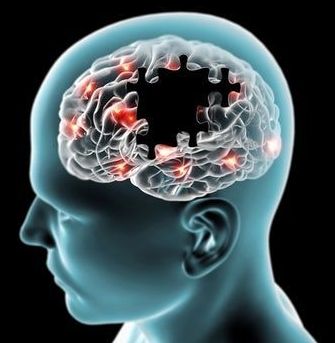
In December 1981, the Centers for Disease Control (the name was amended to add “Prevention” in 1992) published a report detailing sudden, unexpected deaths during sleep among mostly young, male, Southeast Asian refugees in the United States. Thirty-three of those who died were from Laos, four were from Vietnam, and one was from Cambodia. “The abruptness of the deaths reported here is compatible with a cardiac dysrhythmia,” the report stated, “but the underlying mechanism remains unclear.” Proposed explanations included stress from immigration and resettlement, sleep abnormalities, undiagnosed heart defects, and dietary deficiencies, but nothing could be proven. So it began to be called sudden unexplained death syndrome, or SUDS, and was quickly recognized as a leading cause of death among young men from Southeast Asia.
What I left out is a recurring feature in which book authors are invited to share anecdotes and narratives that, for whatever reason, did not make it into their final manuscripts. In this installment, Sandeep Jauhar shares a story that didn’t make it into his latest book, “Heart: A History,” (Farrar, Straus and Giroux.)
Brugada syndrome is believed to be responsible for roughly 20 percent of deaths in patients with structurally normal hearts.
Continue reading “Unraveling the Mystery of ‘Deadly Dreams’ Syndrome” »


















